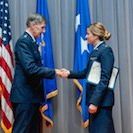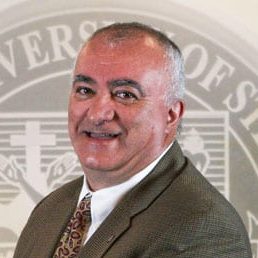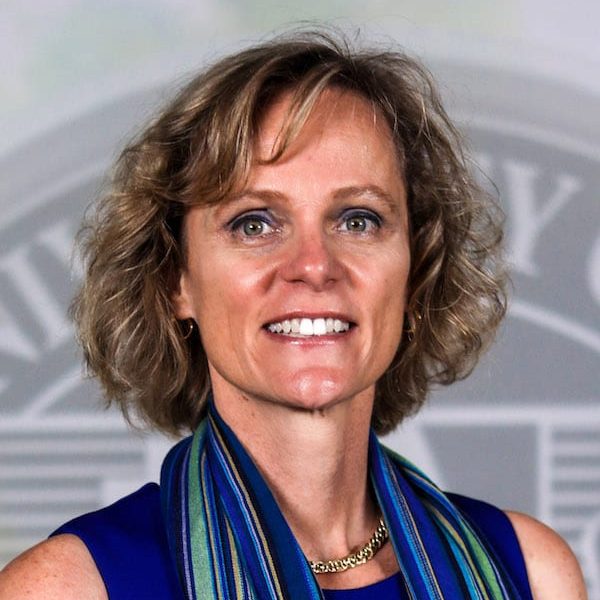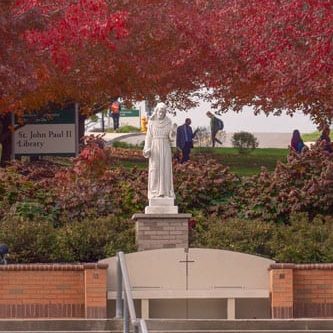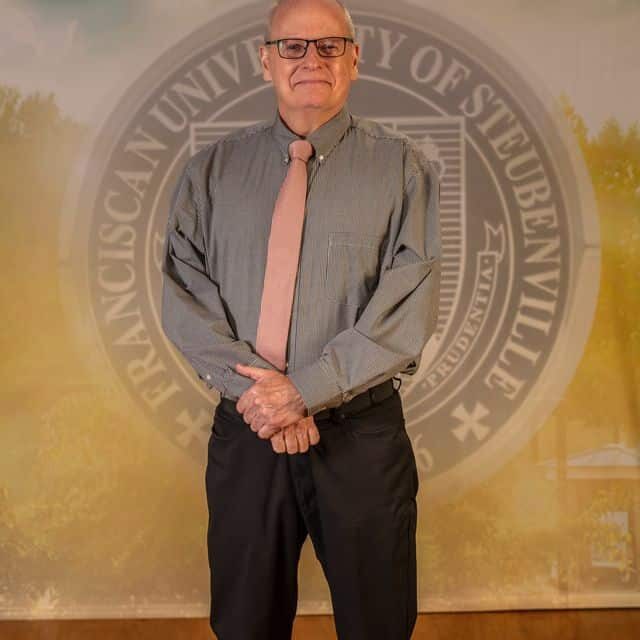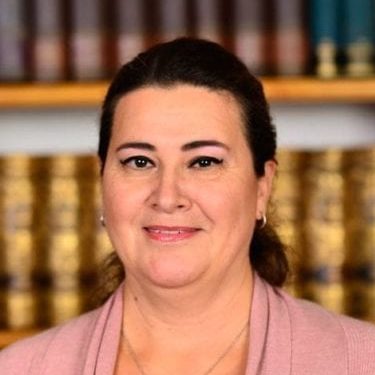Come to know other cultures as they know themselves
Studying a modern foreign language isn’t just studying a list of words and phrases: It’s studying a culture, a people, and a way of life, and it opens up new worlds of understanding into literature, art, architecture, music, history, drama, and philosophy.
It also teaches you to communicate in a deeper and truer way. Studying a foreign language gives you a fuller understanding of words, grammar, and metaphors in your native language as well as in the languages of others. It makes your mind more flexible, more adaptive and agile. It teaches you the art of nuance and subtlety. And it prepares you to engage the global community with greater knowledge and greater perception.
If you want to better understand the world in which you live, if you want to travel and discover the riches of history and tradition, if you want to serve the Church in the U.S.— a Church increasingly and profoundly affected by Hispanic migration—or if you want to succeed in an interconnected, global economy, you should consider majoring in French or Spanish at Franciscan University.
As a language major, you will learn to listen, speak, read, and write in your chosen language. You will also learn about the literature penned in that language—the books of history, philosophy, theology, poetry, and fiction that both shaped the language and were shaped by the language. And you’ll come to understand the culture and history of the French or Spanish-speaking peoples, as well as their enduring contributions to the contemporary world.
To achieve these goals, you will study language in a way that reflects its links to human experience, studying it through literature, art, music, film, philosophy, theology, and science. Small-sized classes mean you will receive plenty of personal attention and individualized instruction from Franciscan’s world-class modern language faculty. Additionally, you’ll have the advantage of using our Language Learning Center, which allows you open access to computer technology that complements your classroom studies. The Learning Center is available for private practice, group study, reading, listening, and viewing foreign films.
All three majors afford you a large number of elective hours, making it possible to study a second or third foreign language, or study for a second major in other fields. By the time you graduate, you will be able to speak, read, write, and listen in French or Spanish. You’ll understand the culture and history of the French or Spanish-speaking peoples. And you’ll have the communication skills you need to be an asset to any business or organization in today’s global economy.



